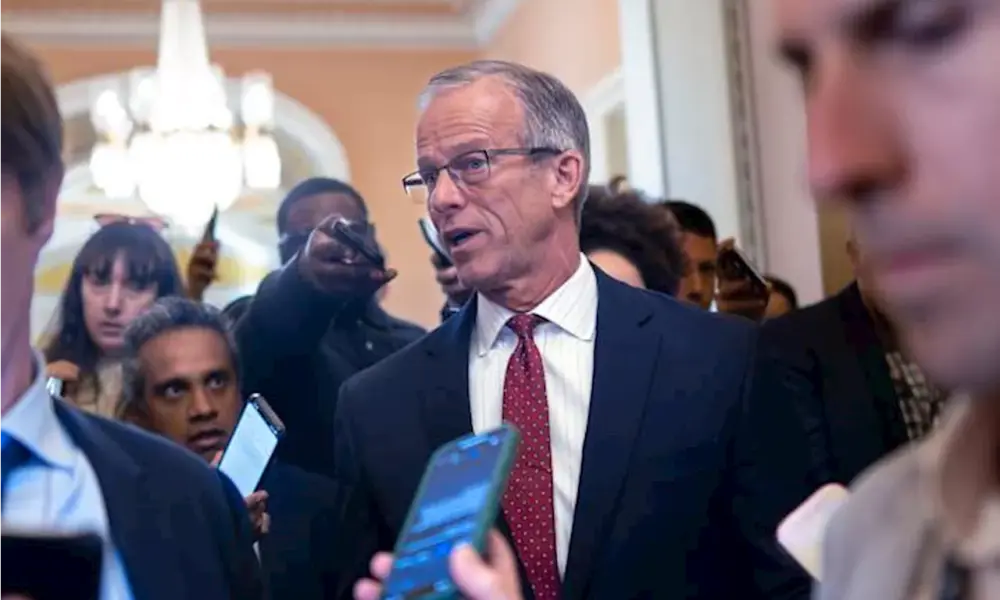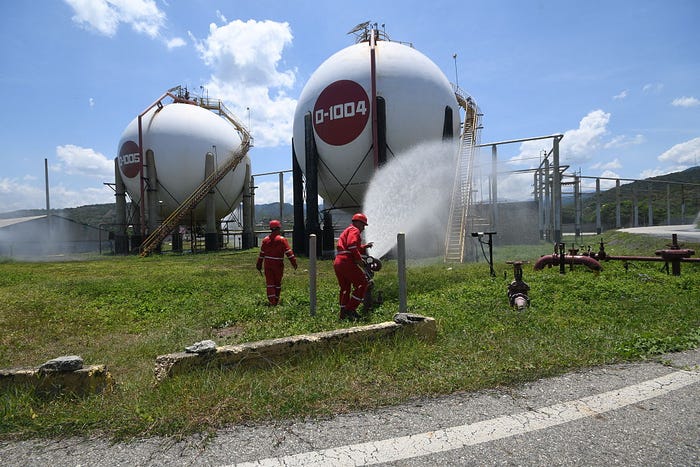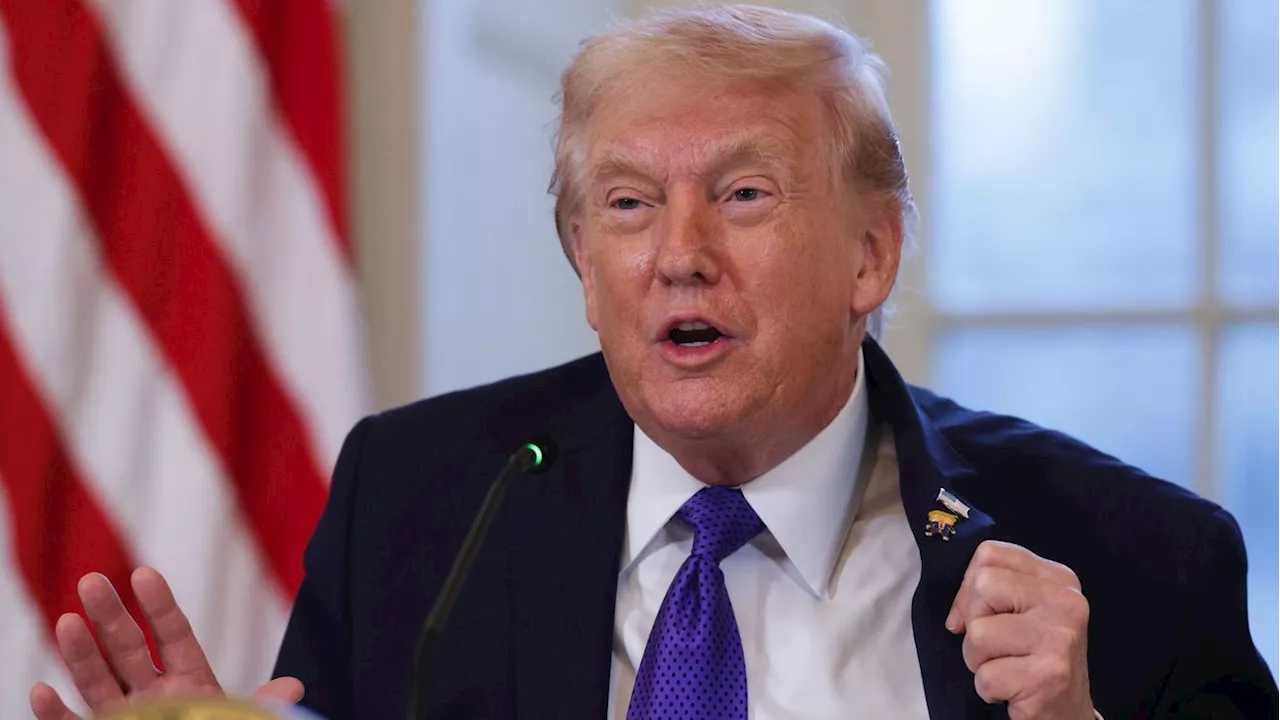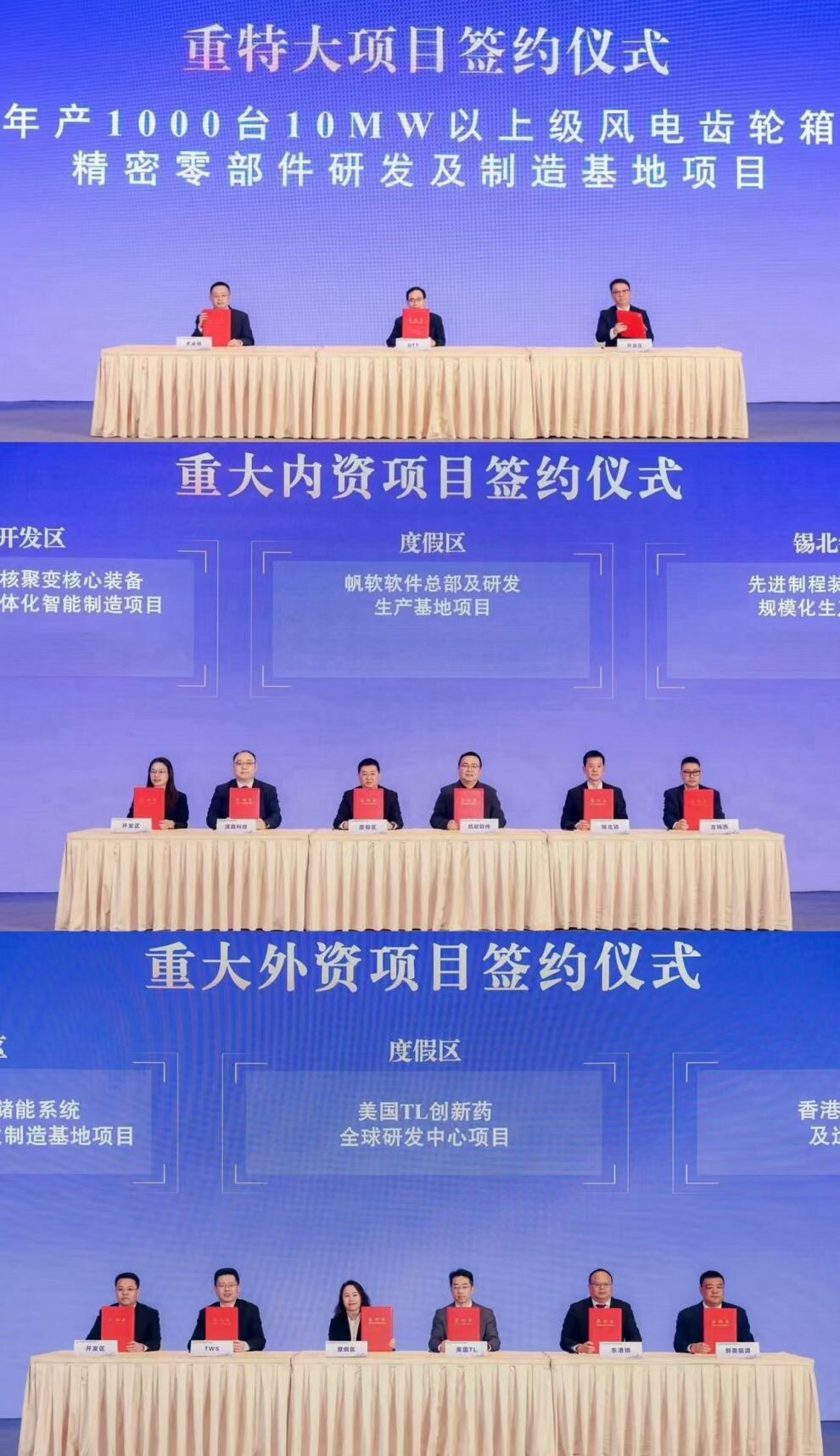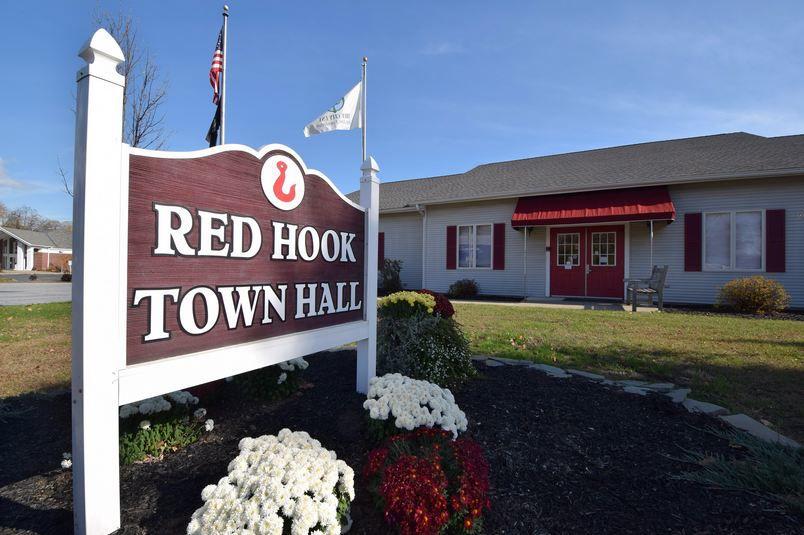The Pennsylvania Senate has advanced a new budget proposal valued at $47.9 billion, despite the ongoing budget impasse that has now stretched to 113 days. This plan includes an additional $300 million earmarked for key priorities, differing significantly from the $50 billion budget proposed earlier by House Democrats.
Under the leadership of Governor Josh Shapiro, who has been in office for three years, this marks the third consecutive late budget. Critics have pointed out that Shapiro has struggled to unite the parties, instead opting to travel across the state while using taxpayer funds, a strategy that some argue undermines his ability to effectively govern. On February 4, Shapiro unveiled an unbalanced budget that projected spending well beyond anticipated revenues, which could lead to future tax increases for residents of Pennsylvania.
Senate Republicans submitted their budget proposal to the House on August 12, but it took until recently for the House to respond with a compromise. The current Senate proposal aims to address funding gaps for schools, counties, crisis centers, and human services. Senate Republicans assert that they are cautious regarding the state’s spending of its reserves, while Democrats emphasize the urgency of addressing immediate priorities.
Despite these efforts, Senate Republicans have faced criticism for what some describe as an inadequate budget that fails to sufficiently support critical areas such as education, community services, and senior care. Detractors argue that the proposal does not reflect the current fiscal needs and is merely a reiteration of last year’s budget without substantial adjustments. By their own admission, Senate Republicans require bipartisan support from Democrats to pass a comprehensive budget, highlighting their inability to secure sufficient votes within their own caucus.
As negotiations continue, the House Democrats remain focused on crafting a viable, bipartisan budget that aligns with the needs of Pennsylvania residents without compromising essential services. The ongoing budget deadlock underscores the challenges facing state leaders as they navigate the complexities of funding priorities in a divided political landscape.
In the context of this financial standoff, Governor Shapiro’s approach and the responses from both parties will be closely monitored, as they seek to find common ground and resolve the budget crisis that has left many services in limbo.

